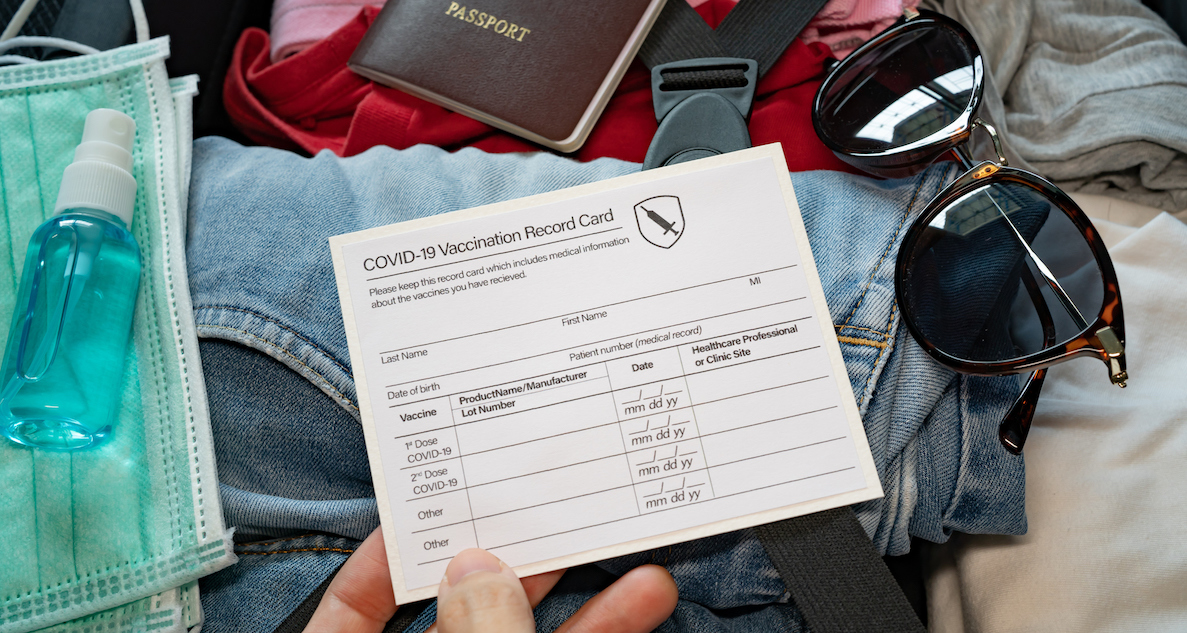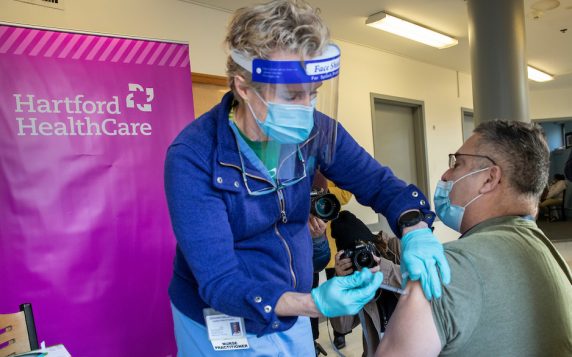Don’t treat your little white COVID-19 Vaccination Record Card like a useless 4-by-3-inch token. It’s not a throwaway.
The card with the Centers for Disease Control and Prevention seal is the best way to prove you’ve been vaccinated. We still don’t know how it will be used. Eventually, you might need it for something as important as international travel — it’s uncertain if a digital vaccine passport will become a reality — or cashing in an incentive, sometimes up to $100, if you work at Trader Joe’s, American Airlines or other employer encouraging vaccinations.
The federal government says it will not develop a national pass system, leaving it to states, businesses and colleges. In New York, for example, government employees are required to use the state’s Excelsior Pass, a proof-of-vaccine app that also has been used at Yankee Stadium, Madison Square Garden and restaurants.
Do
- Keep it in a safe place.
- Take photos, front and back, and keep them on your phone or carry a printed copy in your wallet.
- Monitor digital vaccine passport apps, like the Excelsior Pass, that you might need. It could be more than one.
Don’t
- Laminate it, especially if you’ve only had the first dose of the Pfizer-BioNTech or Moderna vaccines. You’ll also probably need the card again to record a booster shot later this year. (Notice the “Other” categories on the card.)
- Post photos of your card on social media. Yes, you’re happy. But don’t celebrate by disclosing sensitive information, inviting identity theft. (The card includes your name, date of birth, when you received the vaccine and the vaccine manufacturer.)
- Carry the original with you.
- Lose it. If you do, contact your vaccination provider. The State Immunization Information System (click here) at the Department of Health also can help. Or call 860.509.7929 and ask for your Official Immunization Certificate.
Your little white card represents your role in controlling a deadly virus. It’s worth keeping.
“”We’re seeing that the vaccine does work,” says Keith Grant, APRN, Hartford HealthCare’s Senior Director of Infection Prevention. “It’s very effective in preventing someone from getting the virus and also very effective in preventing someone from passing the virus on.”



